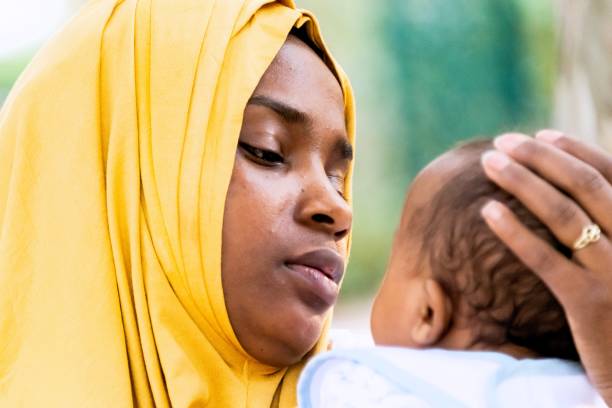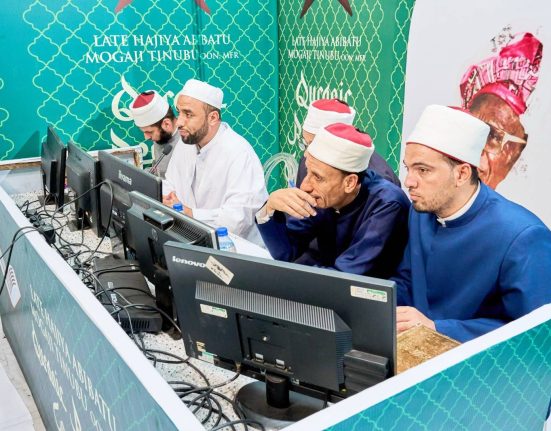By Abdullahi Abubakar Sa’adallahi
Ilorin, Kwara State – Abortion remains one of the most sensitive issues in the Muslim world, with Islamic scholars and jurists offering nuanced perspectives rooted in the Qur’an, Hadith, and centuries of jurisprudence.
At the heart of the debate is Islam’s emphasis on the sanctity of life. The Qur’an states, “Do not kill the soul which Allah has forbidden, except by right” (Qur’an 17:33), a verse often cited to underline the sacredness of both born and unborn life.
Islamic tradition highlights the stages of fetal development, with particular attention to the 120-day mark. A hadith recorded in Sahih al-Bukhari and Sahih Muslim notes that the fetus progresses through three stages of 40 days each before the soul (ruh) is breathed into it. After this point, most scholars agree, abortion is strictly prohibited.
“Once ensoulment occurs, the fetus is regarded as a full human life,” explains Dr. Ahmad al-Khatib, an Islamic law professor in Cairo. “The only exception after this stage is when the mother’s life is in direct danger.”
Before 120 days, however, opinions vary. Scholars from the Hanafi and Shafi’i schools permit abortion in cases of necessity such as risks to the mother’s health, pregnancies resulting from rape, or severe fetal deformities. The Hanbali school, by contrast, generally discourages abortion even in the early stages, except under extreme circumstances.
In recent years, Islamic councils in countries such as Saudi Arabia, Egypt, and Morocco have issued fatwas allowing abortion before 120 days in cases of rape or life-threatening conditions. The Islamic Fiqh Academy, an international body, has also ruled that severe fetal abnormalities may justify termination during this period.
Despite these allowances, scholars stress that abortion should never be treated as a form of birth control. “Islam calls for compassion, but it also calls for responsibility,” said Sheikh Al-Mūthāqqaf a PhD student of Al-Hikmah University. “Every case must be weighed carefully, with the preservation of life as the guiding principle.”
The debate continues to spark discussion across Muslim communities, as advances in medicine and changing social realities push scholars to revisit age-old rulings. Yet, for many believers, the essence remains unchanged: life, in all its stages, is a trust from Allah, to be protected with care and wisdom.



